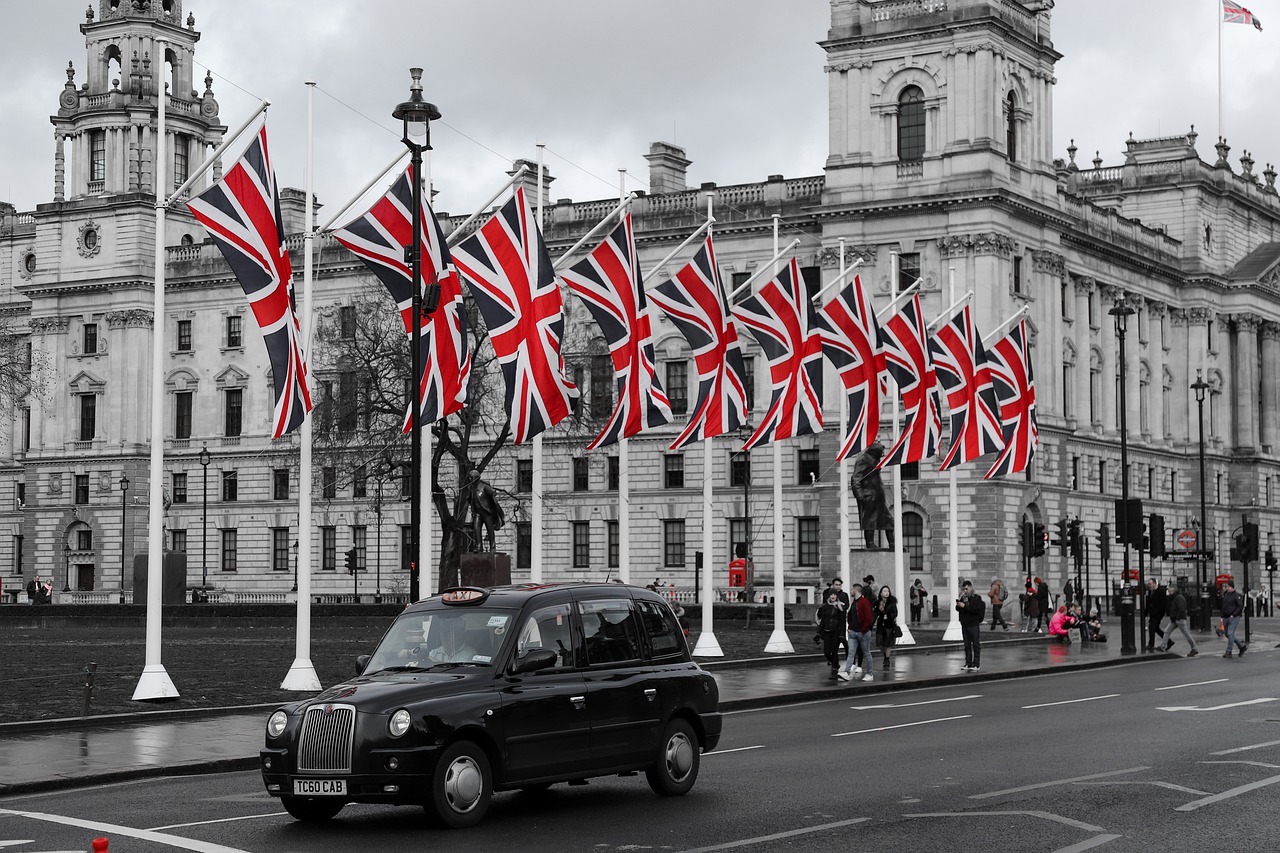
Ride hailing company Uber has agreed to acquire its UK rival Autocab, a ride-booking app for independent minicab companies throughout the country.
The Uber takeover of Autocab would allow the company to connect people with mini-cab firms in cities where Uber itself does not have drivers. Currently, Autocab's platform has access to more than 75,000 vehicles in areas where Uber does not operate.
In the UK, Uber currently operates in 40 towns and cities.
Autocab's reach and Uber expansion
Autocab, which initially started out as a radio supply business, developed a cloud-based booking platform called iGo that allows independent taxi firms to provide online bookings.
Currently, iGo is being used by around 50% of the private hire and taxi market in the country.
After the deal is completed, Uber projects its UK operations to reach around 170 towns and cities, including Oxford and Doncaster, where Uber says "tens of thousands" of people try to use its app every month.
The takeover will enable passengers using the Uber app in a UK town where there are no Uber drivers to seamlessly book a private hire car instead.
In a blog post, Uber said: "Through Autocab's iGo marketplace, Uber will be able to connect these riders with local operators who choose to take their booking. In turn, operators should be able to expand their operations and offer more earnings opportunities to local drivers."
According to Uber, Autocab would "remain independent" following the acquisition, and maintain its own board of directors. Neither of the companies have given out the financial terms of the deal, or explained how Uber will make money from it.
Oxford-based mini-cab firm Absolute Cabs welcomed news of the deal. Press officer Douglas Wallace said: "As a tech-orientated global player, they have brought new ideas and we recognize Uber as a strong player in the industry."
"Private companies like ours will be able to offer the same Uber-style experience but with more local knowledge and investment," Wallace added.
Challenges faced by Uber
In mid-July, Instacart filed a lawsuit against Cornershop, Uber’s grocery delivery service, over allegedly stealing its catalog and using its intellectual property.
In the lawsuit, Instacart claims that Uber’s Cornershop allegedly stole thousands of its copyrighted and licensed images, as well as product descriptions and pricing data.
Instacart said: “Today, Instacart filed a lawsuit against Cornershop after the company failed to comply with a cease and desist demanding it stop stealing our catalog and using our misappropriated intellectual property.”
“The lawsuit makes clear that Cornershop is engaging in a systematic effort to illegally steal Instacart’s proprietary catalog while attempting to conceal that theft for its own commercial benefit,” the company added.
However, Uber argued that the lawsuit was an attempt by Instacart to stifle new competition.
Earlier this week, Anthony Levandowski, a former executive at Uber who oversaw its self-driving vehicle program, was sentenced to 18 months in prison after pleading guilty to trade secret theft.
In a Department of Justice press release, US District Judge William Alsup said: “This is the biggest trade secret crime I have ever seen. This was not small. This was massive in scale.”
As part of the sentencing on one count of trade secret theft, Levandowski received a fine of $95,000 and was ordered to pay $756,499.22 in restitution to Google’s self-driving car unit, Waymo.
In 2017. Levandowski became the centerpiece of a high-profile lawsuit filed by Google against Uber. According to Google, Levandowski, one of the founding members of its self-driving car project, downloaded thousands of confidential files to a personal hard drive before resigning from the company.






